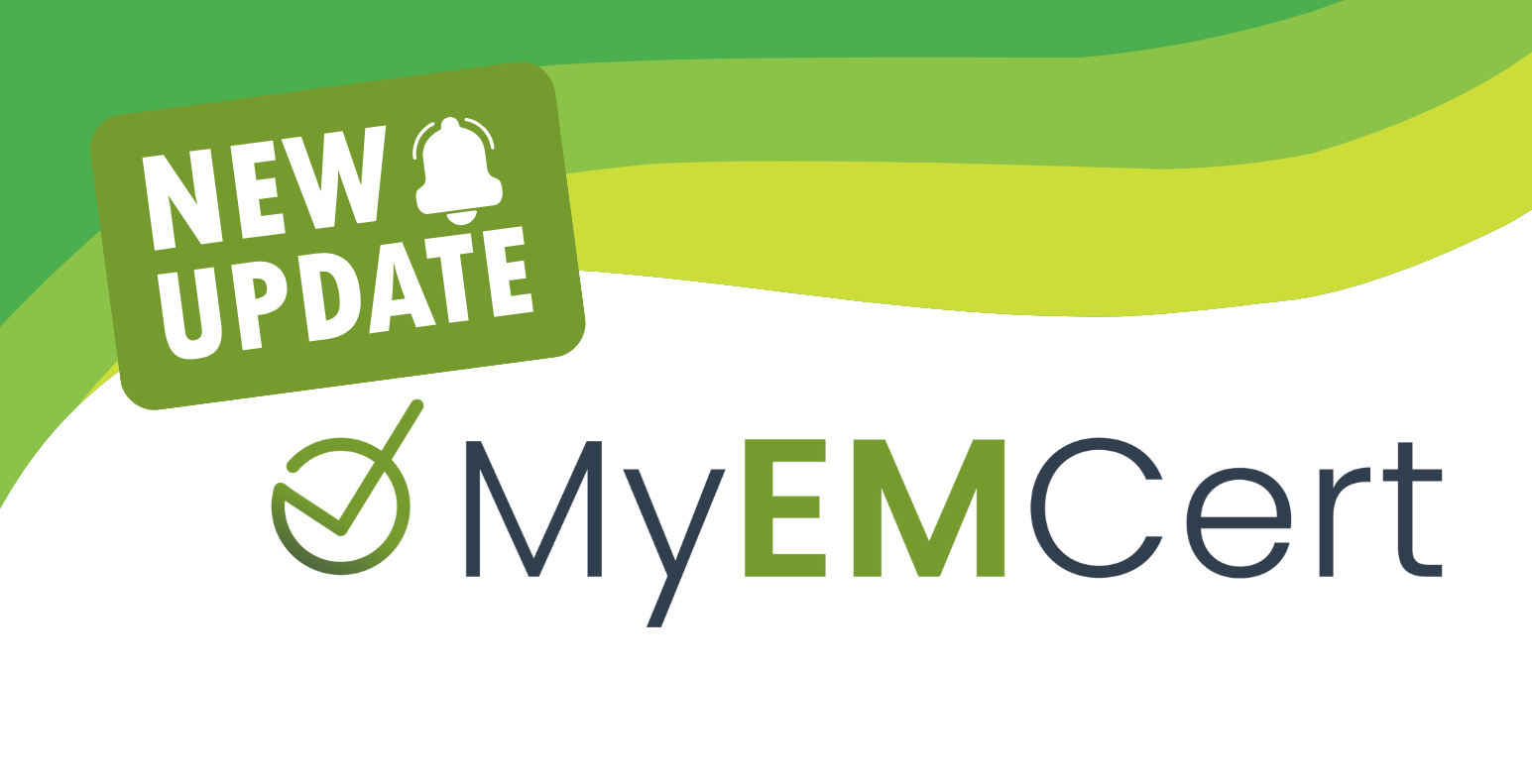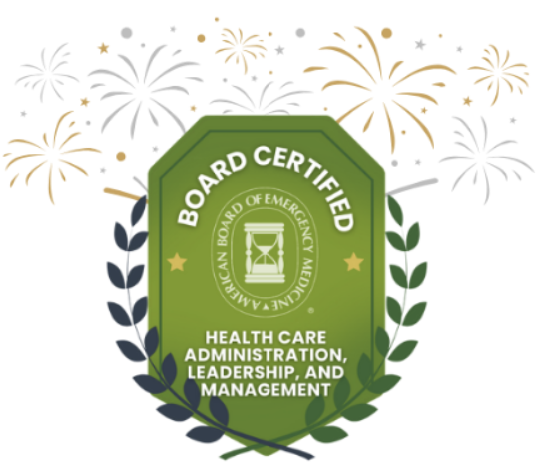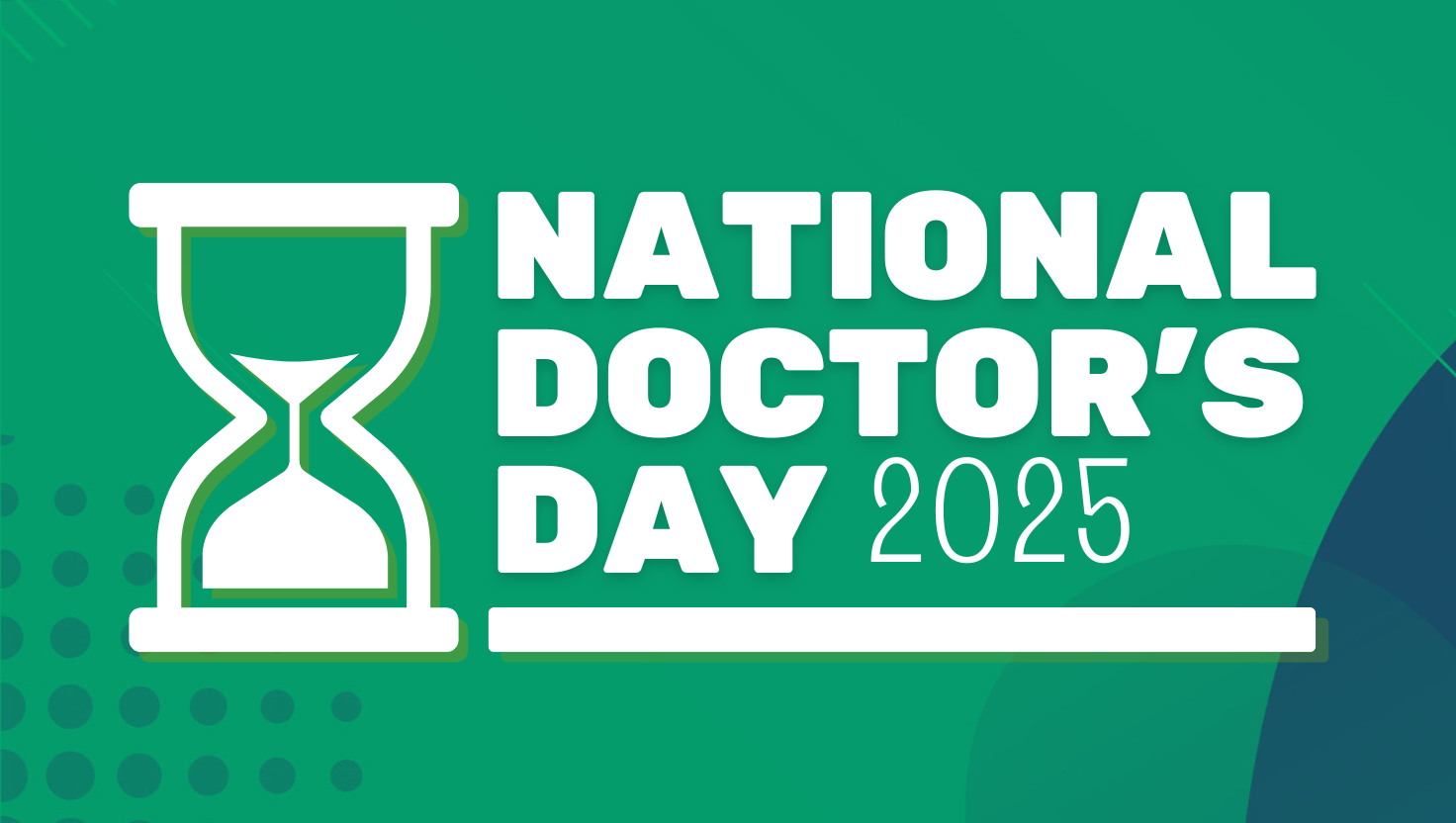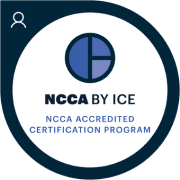
We are what we repeatedly do. Excellence, therefore, is not an act, but a habit. Excellence is never an accident. It is always the result of high intention, sincere effort, and intelligent execution. It represents the wise choice of many alternatives – choice, not chance, determines your destiny.
~ Aristotle
Making excellence a habit is a worthy goal in the practice of Emergency Medicine not only for ourselves but also for the patients we serve as it can lead to consistent, high-quality performance in many aspects of our lives. But what does it take to cultivate excellence as a habit for board-certified emergency physicians?
First, it is imperative that we commit to ongoing self-improvement and continuous learning. Excellence requires staying updated on the latest trends and best practices in the specialty. For this reason, there must be at a minimum, an investment in continuing certification activities including staying up to date with MyEMCert. Taking this a step further, continuous learning could also include reading journal articles with a critical eye as well as taking courses that can expand your knowledge as needed.
ABEM believes that setting the highest standard for excellence not only requires an initial assessment through the certification process but also that continuous learning be assessed periodically to maintain certification. Setting the highest standard also necessitates commitment: making excellence a habit. It’s important to regularly practice the skills and behaviors that contribute to excellence in Emergency Medicine. Demonstrating empathy, active listening, team leadership, and receiving feedback are just a few of the skills and behaviors that demand constant nurturing. While it is impossible to be perfect, striving for perfection in your work and being meticulous in your approach toward the virtues of justice, courage, temperance, and wisdom can lead to excellence.
Second, excellence in your work likely requires balancing it against activities in other areas of your life. Physical and mental well-being is essential for excellence. Getting regular exercise and eating a balanced diet are important contributors to finding the ideal work-life balance. Building excellence in these areas will help build resilience and help develop the attitude needed to overcome any of life’s obstacles and setbacks.
Finally, think about developing a detailed plan that outlines your path to personal and professional excellence, including specific steps and milestones. Reflect on what’s working and what isn’t and adapt accordingly. Also remember to celebrate your achievements. Identifying a mentor can be helpful but at the very least, surround yourself with people who inspire and challenge you to excel.
Making excellence in Emergency Medicine a habit is a lifelong journey. It requires patience, and a commitment to continuous improvement. Over time, these habits will become ingrained in your daily life, and you’ll find that excellence is not just something you do but a part of who you are.






